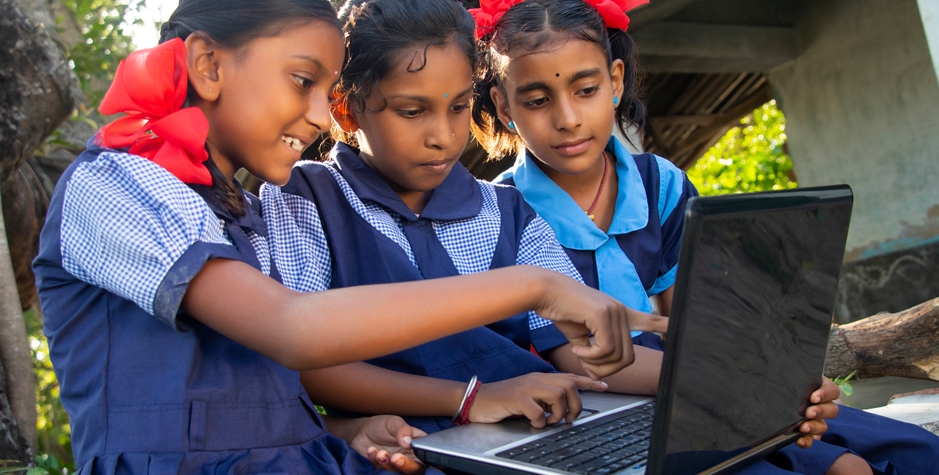
2022 UNESCO ICT in Education Prize
Deadline: February 18, 2022.
The disruptive effects of the COVID-19 pandemic have revealed the urgent need for governments to reimagine the future of schooling models and leverage technology to build crisis-resilient learning systems. Inclusive and crisis-resilient learning systems not only include connectivity and access to digital devices, but also the provision of age-appropriate digital content and digital skills training for teachers, students, and caregivers. In addition, the digitalization of learning systems must be guided by humanistic principles to ensure that technology protects human rights, and ensures inclusion and equity. Technology should be in the service of human interactions and capacity development.
During the pandemic, successful learning systems, built on progressive adoption of continuously upgraded technology in education have emerged, which have allowed countries to minimize the scale and scope of educational disruption during the crisis.
The 2021 edition of the Prize will award projects that have built and implemented technology-enabled public learning systems and programmes that effectively ensured the continuity and quality of learning for all. The projects must ensure the data privacy and well-being of students, teachers, and caregivers. They should also consider the adoption of greening strategies to mitigate or neutralize the negative impacts of the technological solutions to internet connectivity and digital devices in education.
The theme of the 2021 edition of the Prize is the use of technology to enable inclusive crisis-resilient learning systems.
ELIGIBILITY
- The project should be ongoing for at least for 1 year
- The project and its organization should not be affiliated to UNESCO or receive any funding from UNESCO
- The technology tools used by the project should be open and free
- Open to Individuals, institutions, non-governmental organizations or other entities.
selection criteria
- Relevance to the Thematic Focus: The project is in line with the objectives of the Prize and is relevant to the specific theme of the year
- Innovation: The project applies innovative technologies to provide affordable and inclusive tools
- Evidence of Impact: The project should provide evidence of impact
- Potential for Replicability and Scalability: The project should show evidence that it can be replicated in other contexts or have the potential to further optimize and scale its impact
- Inclusion and Equity: The project should use innovative technologies to advance inclusion and equity in education, while taking into account marginalized groups, leaners in crises and emergencies contexts and learners with disabilities.
nomination



